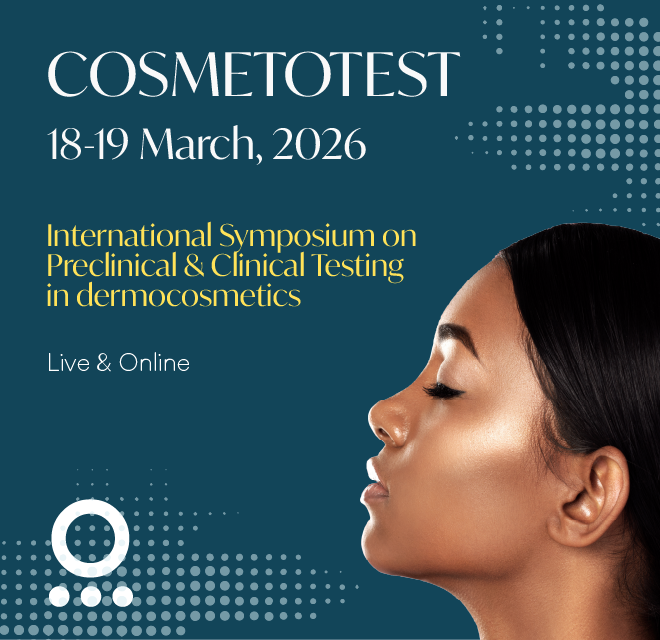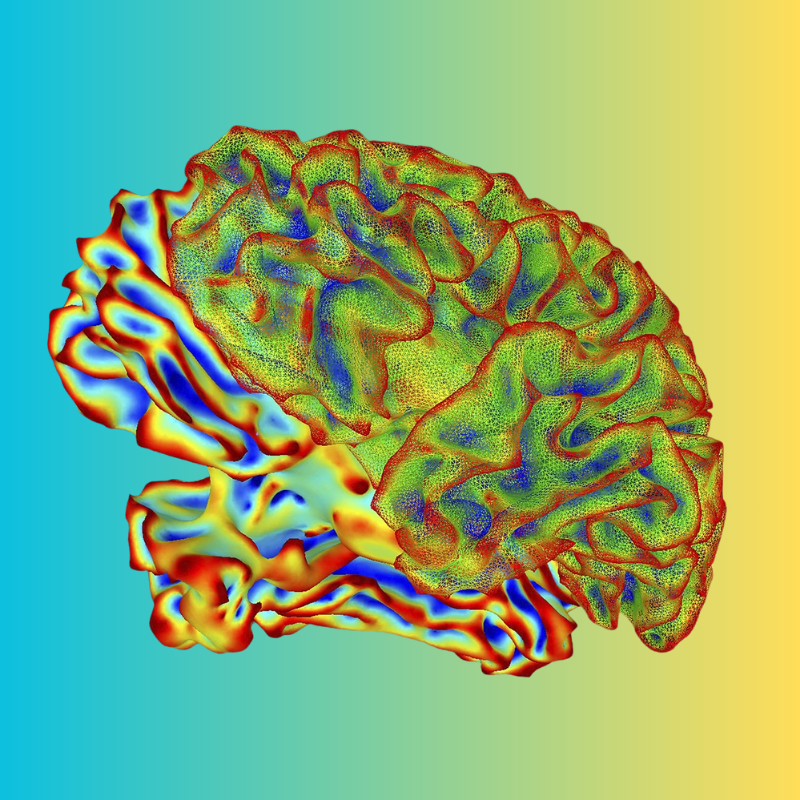Exposure to stress increased biological age in humans and mice, but it decreased after the stress resolved, according to NIA-funded research. Findings from the study were published in Cell Metabolism.
Biological age refers to the accumulating damage, physiological changes, and loss of function that occur in a person’s cells over time. One method scientists use to measure biological age examines the epigenome, which contains a record of changes to a cell’s DNA and DNA-associated proteins.
Led by Harvard University scientists, this study used DNA methylation (DNAm)-based aging clocks to measure changes in biological age in response to diverse forms of stress. The researchers began with a laboratory experiment known to produce aged physiology in young mice or restore youthful physiology to old mice by surgically joining young, 3-month-old mice with older, 20-month-old mice, which allowed them to share their blood.





